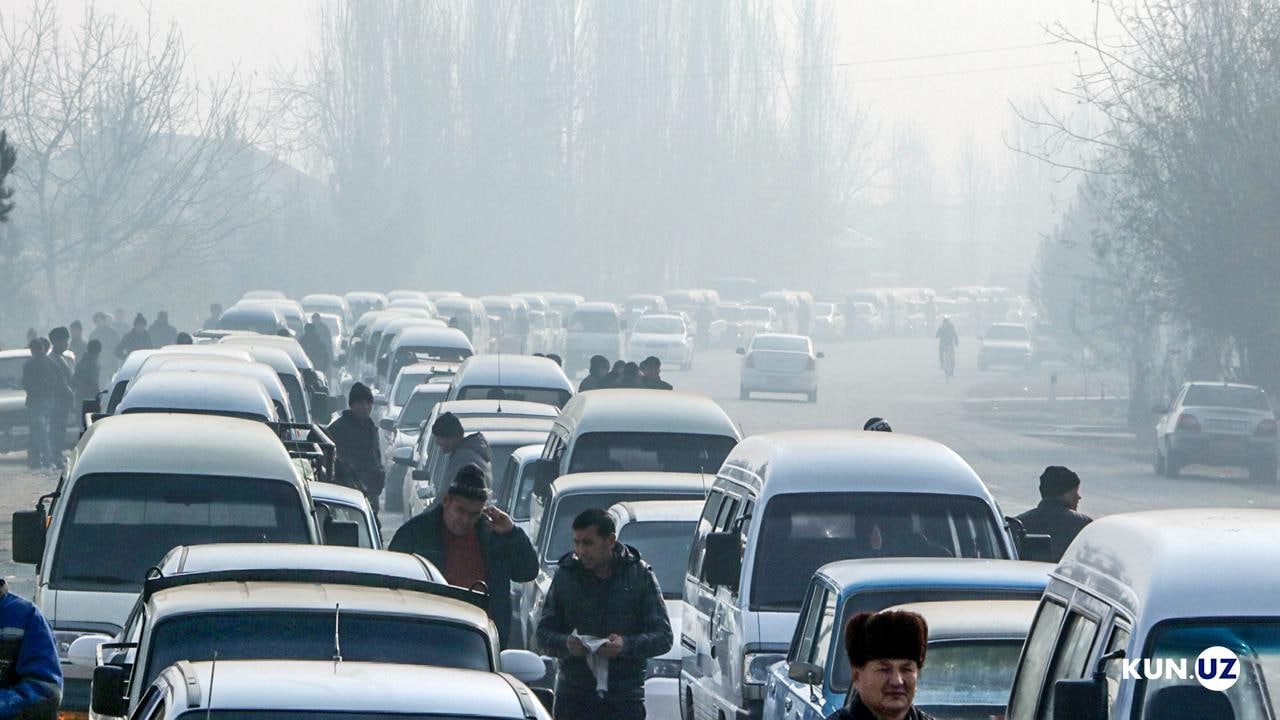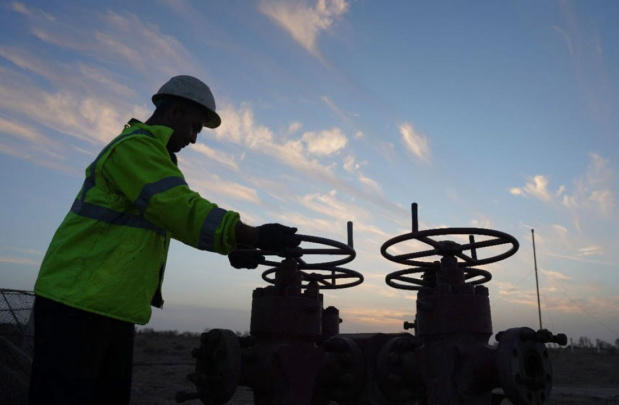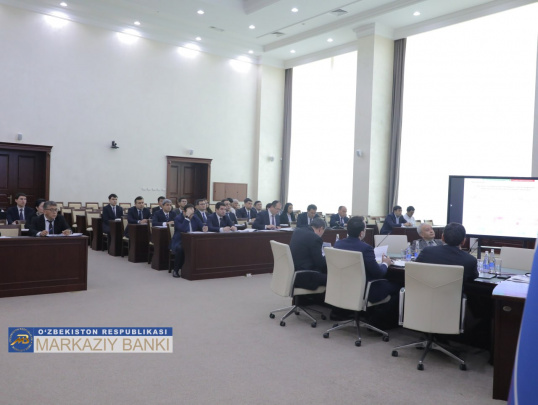Central Bank: Problems with the provision of fuel could negatively affect prices of goods and services
Problems with the supply of fuel can negatively affect the prices of goods and services by increasing the cost of transportation and logistics, the Central Bank of Uzbekistan said its report.

Photo: Kun.uz
“Against the backdrop of high growth rates of household incomes, including remittances to the country, high growth rates of aggregate demand in the economy create the possibility of increasing inflationary pressure, taking into account certain interruptions in aggregate supply,” the report reads.
At the same time, the remaining risks associated with global economic activity and a possible recession will be depressing for external demand in the coming year.
In addition, the persistence of geopolitical tensions may lead to an increase in the “risk premium” for the country in external financial markets. These factors raise the risk of shrinking external financing opportunities amid tightening global financial conditions.
In such a situation, the effective use of domestic financial resources and the reduction of the overall fiscal deficit will minimize external impacts. In turn, the growing dynamics of core inflation and its increasing contribution to general inflation shows that inflationary pressure in the domestic economy is taking on a more long-term character.
“Inflationary factors and risks caused by external and internal economic conditions are carefully studied and appropriate measures are taken to eliminate them,” the Central Bank concluded.
Earlier, it was reported that Uzbekistan canceled the excise tax on AI-80 gasoline, and the price of gasoline would be decreased.
In addition, there are currently problems with gas supply in the republic, in particular at CNG filling stations. The authorities are sometimes forced to close CNG filling stations in order to redirect gas to the population.
Recommended
List of streets and intersections being repaired in Tashkent published
SOCIETY | 19:12 / 16.05.2024
Uzbekistan's flag flies high on Oceania's tallest volcano
SOCIETY | 17:54 / 15.05.2024
New tariffs to be introduced in Tashkent public transport
SOCIETY | 14:55 / 05.05.2023
Onix and Tracker cars withdrawn from sale
BUSINESS | 10:20 / 05.05.2023
Latest news
-
Government launches prestigious “Teacher of the Year” award with major prize
SOCIETY | 19:57 / 29.04.2025
-
Russia to establish drone production facility in Uzbekistan
SOCIETY | 18:08 / 29.04.2025
-
Three major tunnels under construction as China–Kyrgyzstan–Uzbekistan rail project advances
SOCIETY | 18:07 / 29.04.2025
-
Central Bank to monitor large-scale money transfers
SOCIETY | 17:41 / 29.04.2025
Related News

17:41 / 29.04.2025
Central Bank to monitor large-scale money transfers

16:55 / 26.04.2025
Uzbekistan boosts fuel and gas production despite oil output decline

16:37 / 24.04.2025
Uzbekistan sells $3.6 billion worth of gold in three months, making up 44% of total exports

16:05 / 24.04.2025



